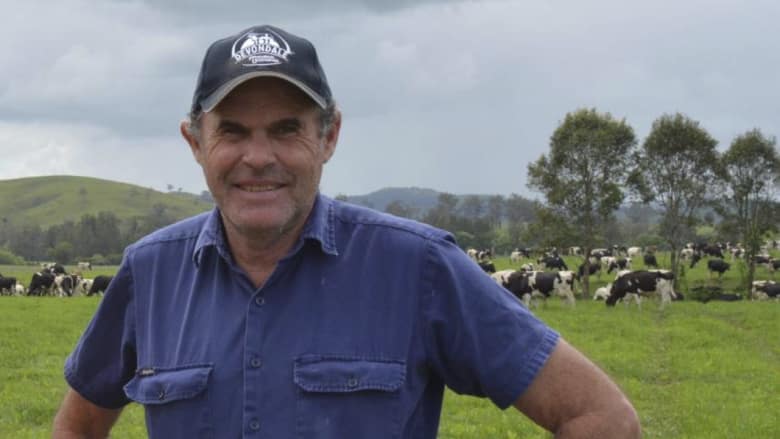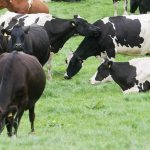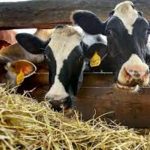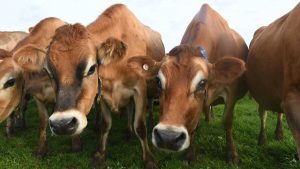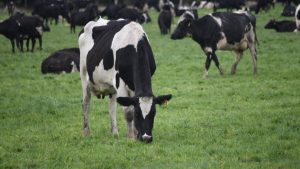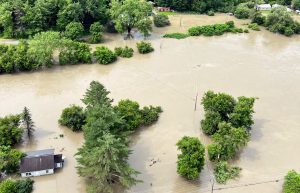
“Let’s hope so — if this works properly, farmers shouldn’t have to need to,” he says.
The department of agriculture and water resources released a draft of its mandatory dairy code of conduct on Tuesday morning. The 98 clauses cover hot-button issues like the use of exclusive milk supply clauses and whether processors can reduce the price paid for milk mid way through a contract.
Forbes, whose family dairy farm at Gloucester has been running for several generations, has negotiated with a number of milk processing businesses. He hopes the blueprint will allow the milk industry to “settle down”.
“Basically, we were always virtually in a ‘David and Goliath’ position every time you went in. Farmers had no ability to adjust the provisions within those contracts,” Forbes says.
The draft code will now be circulated for consultation at a range of public meetings in the coming months before potentially proceeding to legislation.
It has been in development since the Australian Competition and Consumer Commission recommended a compulsory code in April 2018 as part of its final report on its dairy inquiry.
In the report, the ACCC found contracts between farmers and processors “weighted heavily in favour of processors and which make it difficult for farmers to make efficient investment decisions”.
Agriculture Minister David Littleproud said the policy would help “balance the market power between dairy farmers and processors and improve farmers’ bargaining power”.
A key part of the draft code is the banning of retrospective step downs, which would stop milk processors from revising the agreed upon price of milk downwards mid-way through a contract.
It would also rule out compulsory exclusive supply deals, stopping a processor from insisting that a farmer only supply milk to them.
Under the compulsory code, unilateral changes to contracts would also be limited.
Companies that process milk would be made to publish a standard form contract on their websites outlining milk purchase terms and update this each year.
The code would apply to contracts between small farming businesses and processors and does not involve retailers or the major supermarkets.
However, a Woolworths spokesperson said it was good to see the government work through the “sensible, evidence-based” recommendations made by the consumer watchdog on dairy.
The draft is a good start, says chief executive of Dairy Connect, Shaughn Morgan, but a broader cultural shift is needed to ensure farmers have certainty when supplying their products.
“It’s a mandatory code that will bring that culture change – we would say that’s the way for it to start,” Morgan says.
But while the draft code says pecuniary penalties would be available if a breach of the code was found, there’s still uncertainty on what that looks like in practice.
The framework also wouldn’t set a guide on minimum milk prices, even though this is where many are getting squeezed, says Taree dairy farmer Tim Bale.
“This is a start, but it’s about the base price of milk in the first place. Processors have got to realise they have some responsibility there.”
Morgan also hopes the suggested dispute resolution paths, including mediation and arbitration, are followed in good faith by everyone in the sector once they become compulsory.
In a statement, milk processor Fonterra said it had worked with government previously on the voluntary dairy code and looked forward to consulting on the new draft.
“We note the release of the draft mandatory code for public comment, and look forward to continuing our participation in the consultation process, working with industry and government to ensure Australian dairy remains internationally competitive, and continues to encourage investment and innovation,” a spokesperson said.
Processors Lion Dairy and Saputo Dairy Australia have been contacted for comment.
